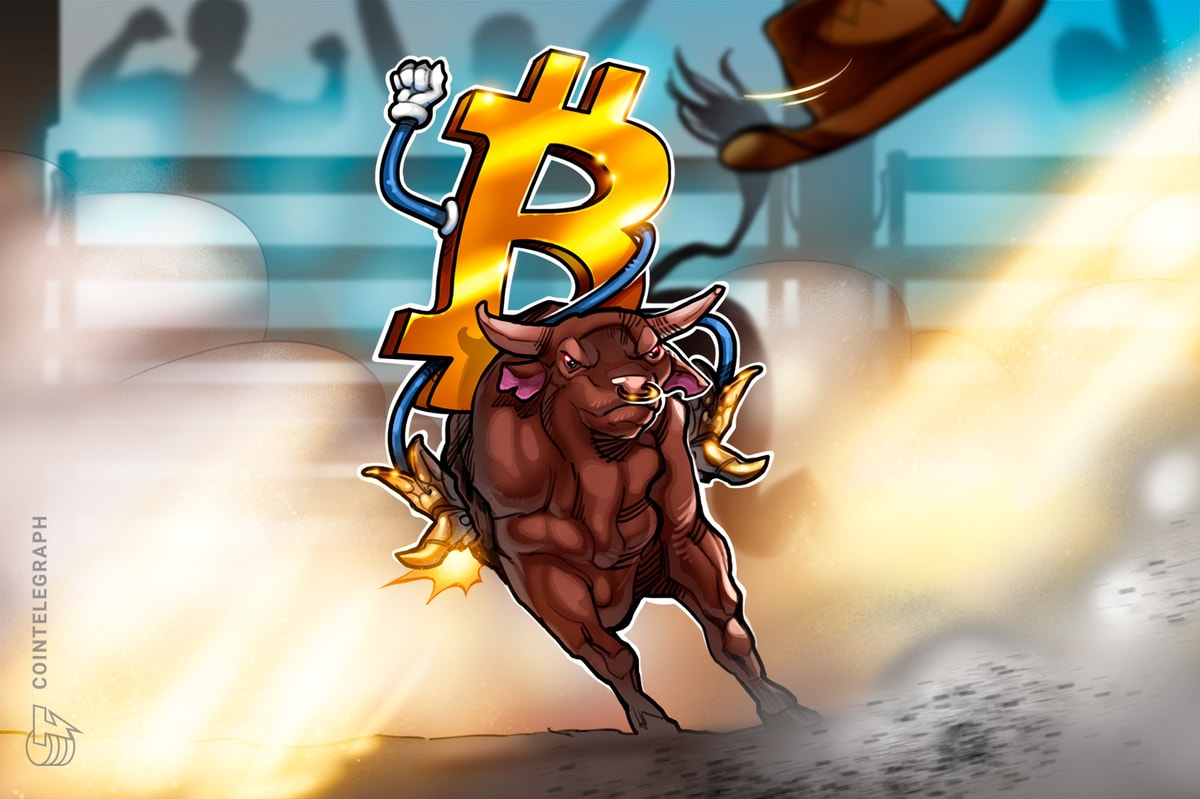Pierluisi and González Colón will face off for Puerto Rico governorship
3 min read
Puerto Rico’s upcoming gubernatorial and legislative elections may lead to a new governor but aren’t likely to change local policy significantly, observers say.
At this stage, the main drama seems to be in the New Progressive Party governor’s primary, which sees Puerto Rico Resident Commissioner Jenniffer González Colón running against Gov. Pedro Pierluisi. As Resident Commissioner, González Colón is Puerto Rico’s non-voting representative in the U.S. House of Representatives.
In a poll the El Nuevo Día news website released earlier this week, likely NPP primary voters favored González Colón over Pierluisi by 55% to 41%. González Colón is somewhat favored to win, a Puerto Rican professional said. “She is strong among the lower-income groups. The business community is strongly pro-Pierluisi. It is the governor who is way ahead in financial contributions to the campaign. The governor also rounded up much of the party’s establishment.”
The next governor will “undoubtedly” be a NPP member, said University of Puerto Rico Professor José Garriga Picó. “The NPP is the strongest party in Puerto Rico at this moment and it should retain its advantage. But … elections are decided during the campaign.”
The professional agreed the NPP would probably retain the governorship.
González Colón might try to institute different fiscal and economic policies than Pierluisi has, Garriga Picó said, adding that González Colón is a “moderate Republican” while Pierluisi is a “liberal Democrat,” Her greater fiscal conservatism on existing programs might lead to more revenue being available for new programs.
The professional called González Colón “nominally a Republican” but that many consider her a populist.
“In 2016 she ran for resident commissioner alleging that the Puerto Rico debt should be paid in full,” the professional said. “Now she is opposed to any Puerto Rico Electric Power Authority deal that would increase electricity rates.”
The professional said both candidates are “restricted in what they can do given that Puerto Rico economic policy is mostly driven by federal fiscal policy and benefit programs. Moreover, the fiscal condition of the government of Puerto Rico makes it difficult to develop new creative public policy. So, she will have to steady the ship and work with marginal changes.”
Phillip Escoriaza, senior counsel at Feldesman Tucker Leifer Fidell LLP and who owns homes in Puerto Rico, agreed. “As long as there is the Puerto Rico Oversight, Management, and Economic Stability Act and the island’s economic development continues sputtering, along with limited public sector budgets, resources and management, I do not see what the difference is under possible scenarios.”
González Colón might be more inclined to work with the Oversight Board than Pierluisi is on a more conservative public policy, the Puerto Rico professional said.
It’s unclear whether the NPP might gain control over both Puerto Rico’s Senate or House of Representatives or only gain pluralities in those bodies.
It’s even possible the PDP will gain a plurality in the House. If no party gains a majority of the legislators, they will have to form coalitions to pass bills.
“Another ‘divided government’ would be disastrous for Puerto Rico’s recovery,” Garriga Picó said.
The current makeup has the PDP holding pluralities in the Senate and House and the NPP holding the governorship. This is a “disaster in terms of the inability of the current divided government to define coherent public policies due to partisan squabble,” Garriga Picó said. He pointed out Puerto Rico’s Supreme Court only has eight members seated for nine seats because Pierluisi cannot agree with PDP members of the Senate on who to nominate and confirm. Recent year budgets have been mediocre because the parties do not collaborate well.
Several candidates have announced their run for the governorship in preparation for the primary and general elections. While the general election isn’t until next November, the statehood-supporting NPP will hold its primary in June.
The Popular Democratic Party hasn’t yet announced its primary date, Project Dignity will have a primary in February, and the Citizen’s Victory Movement and Puerto Rico Independence Party plan to together run candidates without initial primaries.








